A music theory teacher is…. US Professor of the Year
mainThe Council for Advancement and Support of Education (CASE) has just named Brian Alegant, Oberlin Conservatory Professor of Music Theory, as 2015 U.S. Professor of the Year.
Alegant is a 12-tone specialist.
Schoenberg lives.
Story here.
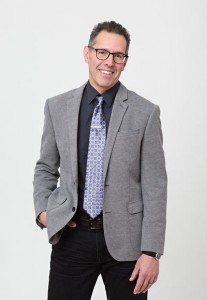


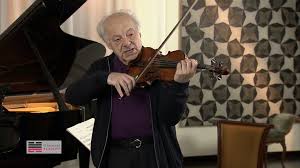
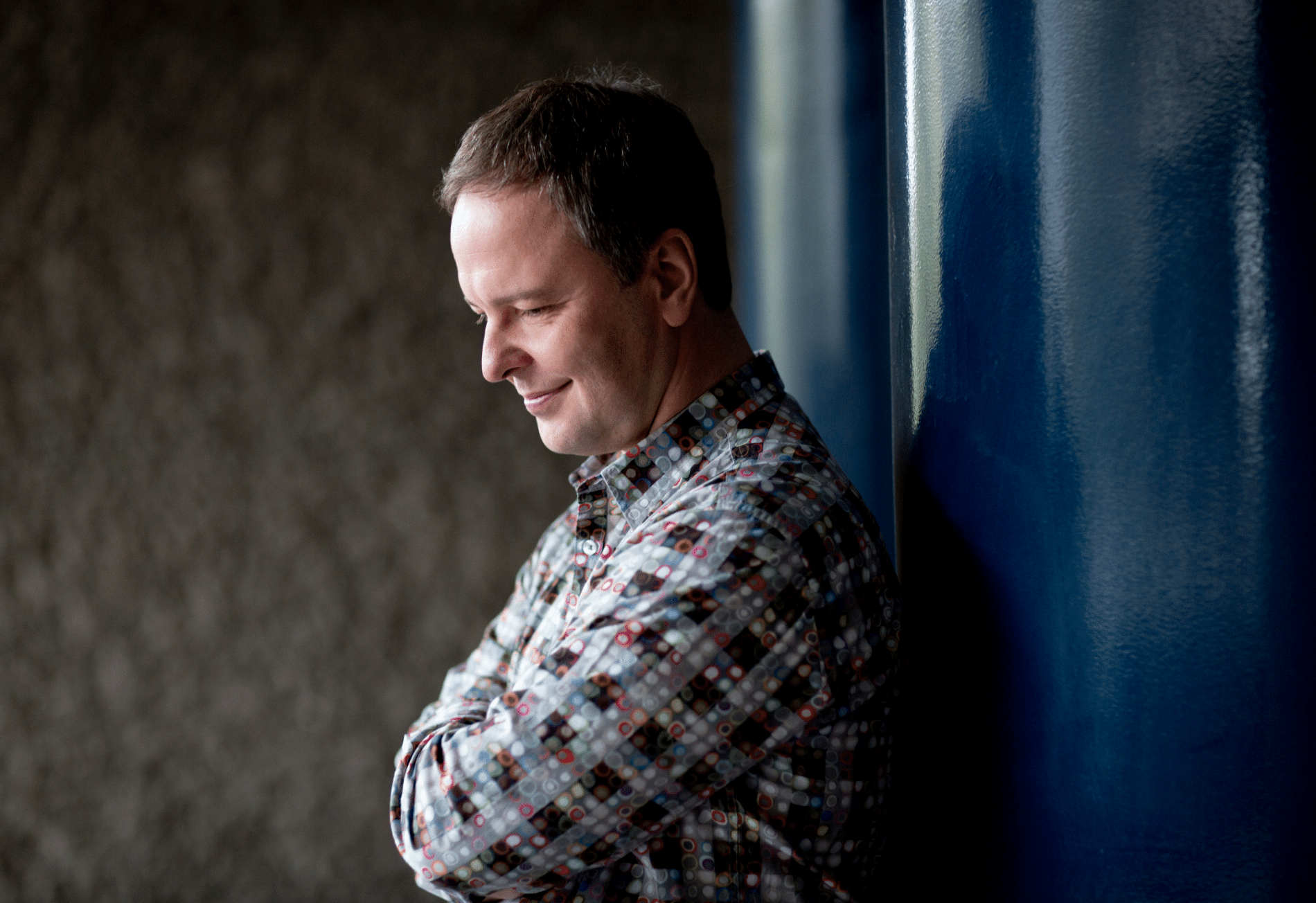
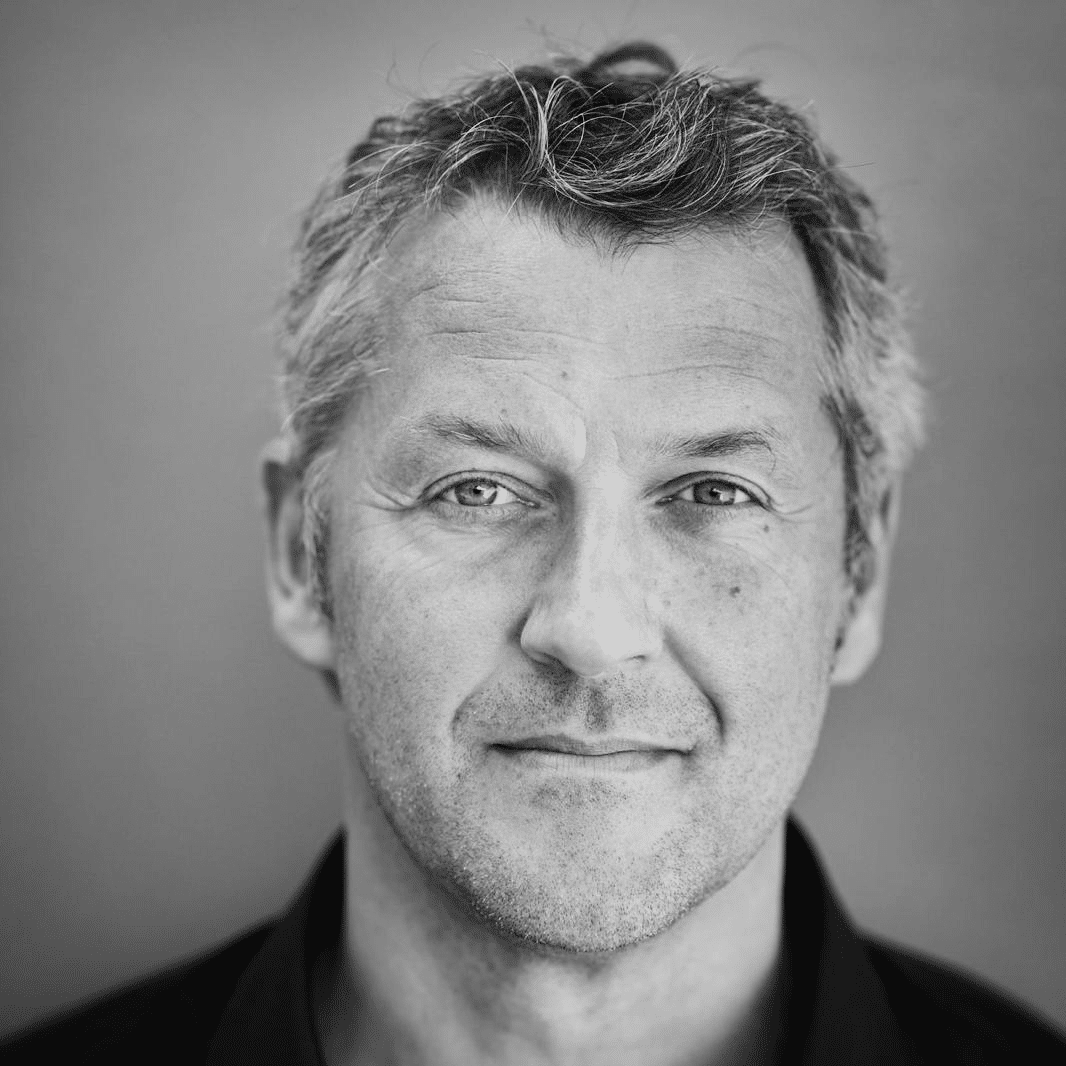
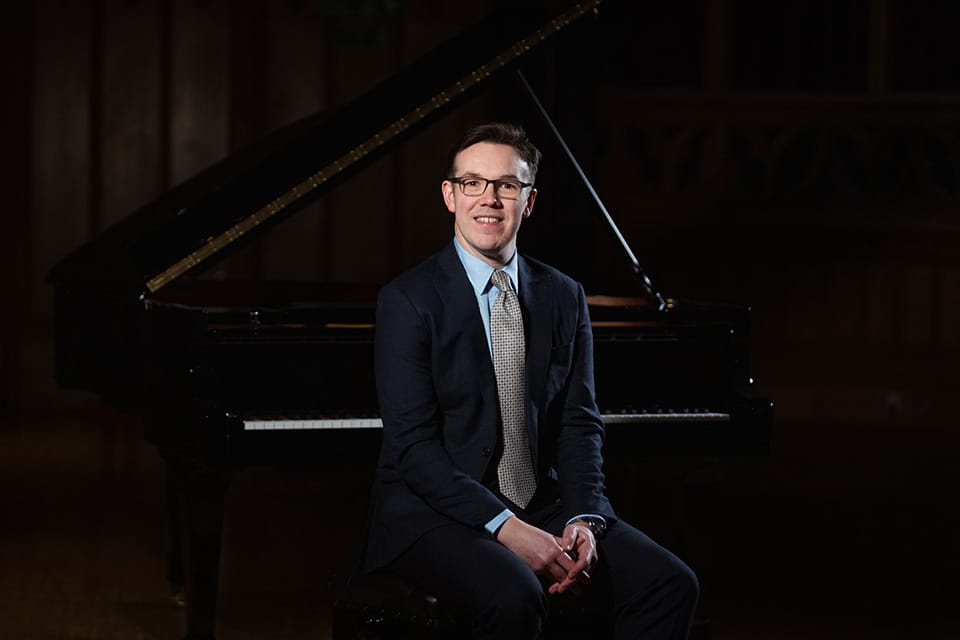
At first thought, many questions arise. How do they evaluate and compare 400 professors from the entire spectrum of university curriculum to select four winners? What is the criteria, and how can such wide cross-disciplinary norms in teaching be accurately and meaningfully defined? How can they compare the challenges faced by someone working with Oberlin’s highly motivated, pedigree children that attend one of the most expensive colleges in the world, to the vast majority of professors who are teaching average students and face very different and far more difficult challenges? Is this an example of our educational system once again privileging the privileged in an arbitrary, biased, and unjust manner?
You make excellent points, sir, but beyond that the entire idea of “rating” professors is, to begin and end with, ludicrous. Do you know if this sort of thing is done in Europe? Obviously Socrates would have done poorly in the ratings while the much acclaimed Gorgias would have taken the prize. By the way, “criteria” is plural and necessitates using the verb, “are”. Or else using “is” necessitates using the noun, “criterion”.
Thanks for the correction. I haven’t heard of professors being rated in Europe, but I haven’t looked into the matter. Word gets around however, and students try to get into the best classes. In almost all of continental Europe, private universities are forbidden by law, though small exceptions are allowed in some cases for specialized schools. In Germany the law even stipulates that all universities must have a similar quality. In continental Europe, university education is generally free, or close to it. There is no such thing as student debt. In Germany, there is a law called the Bundesausbildungsförderungsgesetz which awards all students below a certain income a monthly stipend for living expenses to help support their studies. I suspect most continental countries have a similar law. A very different educational world here.
And if you look at world ratings of universities, either from the UK or Asia, Germany fares poorly. UK Times has Germany with 1 school in the top 50 while the US has 29. So, they have succeeded in mediocrity. You get what you pay for.
A few problems with your observations. 1) These surveys are consistently conducted by US and UK publications which reflect an Anglo-centric bias made all the easier by their superficial methodology. Even many US schools question their validity. 2) These publications lack the resources and personnel to genuinely understand how universities in other cultures function, which can be quite complex and very different from the English-speaking world. Their evaluations of foreign universities are thus highly questionable. 3) Education systems should be judged not only by the accomplishments of a rarified elite, but also by their broader effectiveness in educating the society as a whole. In this area, European university systems would excel, while US systems would be found wanting. 4) There seem to be inherent biases created by emphasizing the sciences over the humanities. These studies thus stress US strengths while overlooking notable weaknesses. 5) Many of Europe’s most important forms of research and education are not associated directly with universities – a circumstance rarely found in the US. A couple examples are CERN (very likely the most important institution in the world for theoretical physics,) or IRCAM (very likely the world’s leading institute for computer music.)
Of course.
That’s why e.g. the Saint Mary-of-the-Woods College in Indiana is ranked at 4921 , whereas the Hanns Eisler Hochschule in Berlin, one of the top music academies in Germany and Europe is ranked 6671 at the University Web Ranking.
http://www.4icu.org
Its the same for rankings from Asia; it doesn’t matter where they are made; same result.
Your pointing out CERN, and characterization of it is totally bogus. Every BIG research facility is now international because research funds are scarce and duplication is a waste of resources. Its no monument to the higher educational systems in Europe.
Look at the top 10 producers of Noble Prizes: 1 – 8 (in the USA), #10 is in Germany.
Tuition and fees at Oberlin are currently $64,266 per year, plus an average of $930 for books. There’s also $1075 for obligatory health insurance if the student is not already covered (i.e. from a poor family.)
There is also plenty of scholarship money for students from low-income families, and not all are “pedigree children.” (I am an Oberlin alumnus from a low-income background who was the first in my family to attend college.)
WO – why are you compelled to criticise and find the negative in everything? Not everything is a scandal.
There is a 20 point gap between the graduation rates between blacks and whites. According to estimates by The National Institute for Literacy, roughly 47 percent of adults in Detroit, Michigan — 200,000 total — are “functionally illiterate.” Is this not scandalous? Shall we remain dutifully silent? If the problems were getting better, maybe we could not say much, but they are getting worse. You might be interested in this article in the Atlantic, “Why American Colleges Are Becoming a Force for Inequality,” which is only one of countless publications on the subject:
http://www.theatlantic.com/business/archive/2013/05/why-american-colleges-are-becoming-a-force-for-inequality/275923/
The Ohio organization Seeds of Literacy provides some astounding stats about Cleveland, which is about 30 miles from Oberlin. 66% of Cleveland residents are functionally illiterate. Some Cleveland neighborhoods have an illiteracy rate as high as 95%. The SOL website with this and more data is here:
https://www.seedsofliteracy.org/who-we-are/about-us/
And then there’s Oberlin which costs $65,000 per year. It would take more than the school’s carefully wrought and well-meaning tokenism to cover up these social inequalities.
WO, thank you for the suggested reading. None of what you say is untrue.
Oberlin has a long history of admitting non-white students…in fact, one of the oldest on the continent. The town was an important stop along the underground railroad.
Of course, none of this has anything to do with Professor Alegant’s award.
And as a side note, you’re not the social justice warrior you think you are.
European readers might note the methods of denial Americans use to rationalize and ignore the country’s grotesque social problems. They are to be removed from discussion and categorized as irrelevant, or addressed with a relatively distanced tokenism and lip service that serves as a substitute for social policies that would actually solve the problems.
Ironically, this is exactly the mentality our system of elite education for the privileged produces — a sense of insularity and entitlement that largely inures its students, alumni, and faculty to social injustice. A cultural country club for the privileged like Oberlin can thus sit 30 miles from a major city where two thirds of the people in a racially informed class system are functionally illiterate.
5.6% of the students at Oberlin are African-American, less than half the percentage they represent in American society as a whole. Oberlin’s ratio of African-Americans is about one-tenth of nearby Cleveland’s, which is another aspect of the stratifications our educational and social systems produce. Oberlin is by no means alone among schools in these problems.
You have a serious chip on your shoulder, Mr. Osborne. Didn’t make the short list for a composition job at Oberlin?
None of what you are saying is untrue, and I don’t hear anyone arguing with you. European and all other readers might note the hubris in your approach to this topic. If Oberlin is doing so little, what is it YOU are doing beyond ranting 24/7 on an arts blog?
The statistics you reference are alarming, but they aren’t news to anyone. They are indicative of a serious inequity problem in American society, one that a 3000-student liberal arts college in a cornfield isn’t going to change by itself. Oberlin does, however, provide an intellectually stimulating environment that produces numerous alumni who make addressing societal problems their life’s work.
Again, all of this has nothing to do with Professor Alegant’s much-warranted achievement. Step off your soap box and let him enjoy his acclaim. Your opinions reek of a self-righteous, envious old man struggling to be relevant where he isn’t.
Again we see the methods of rationalization — ad hominem attacks while avoiding discussion of the systemic problems with America’s system of private universities. And of course, the insistence this discussion has nothing to do with our system of privileging and rewarding the already privileged…
Congratulations to Brian Alegant and to Oberlin for this much deserved recognition by CASE. I hope that we are all pleased to see our profession recognized at the national level.